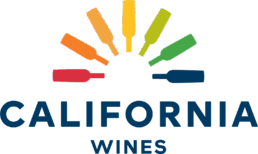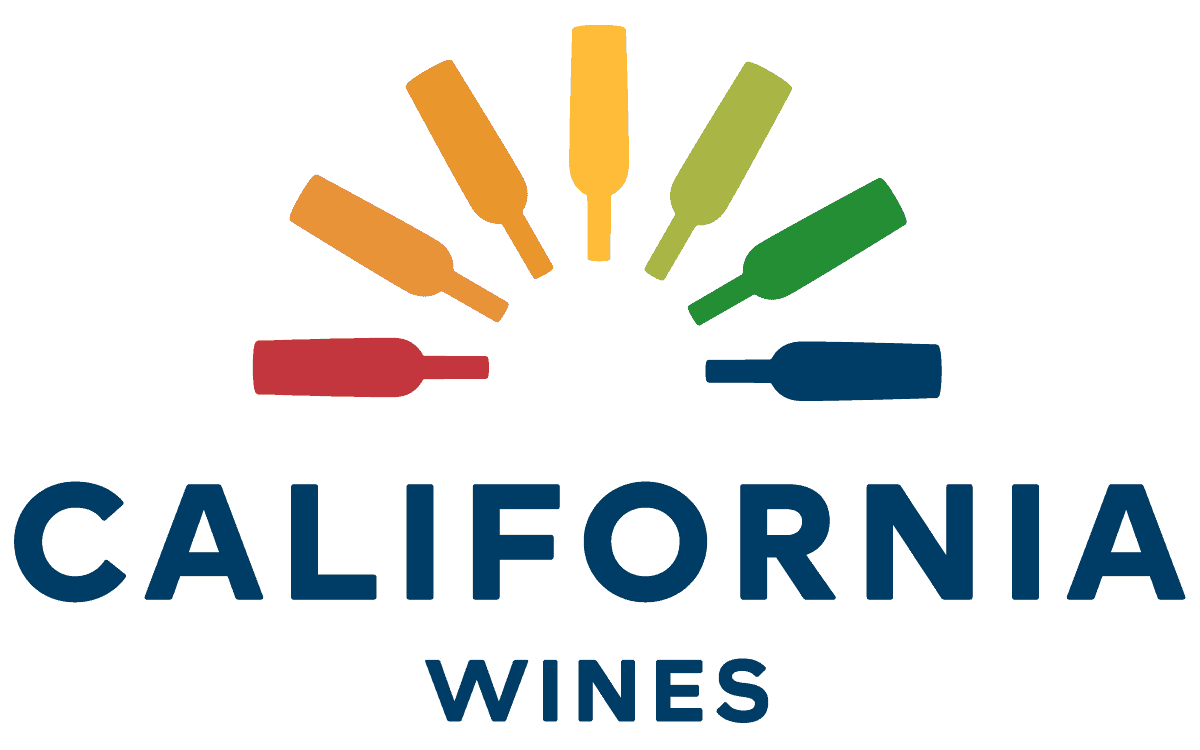
About the California Wine Institute
Wine Institute (WI), established in 1934, is the leading advocate for the California wine industry. Founded shortly after the repeal of Prohibition with just 42 members, WI is now an association of over 1,000 California wineries and wine-related businesses that initiate and advocate public policy.
Explore Our Wine Regions
As the world’s fourth-leading wine producer, California truly is the Golden State when it comes to wine. From cool coastal areas to warmer valleys, California’s wonderful year-round weather is as good for our wine as it is for our visitors.
Wine & Food
When it comes to food, we’ve got a wide variety on our plates. California cuisine is as creative and courageous as our wine, the result of a vast array of fresh ingredients, cultural influences and imaginative chefs. It’s fusion at its finest and most flavorful.
SustainabilityClimate change demands climate action.
In California, we’ve learned to change course when necessary, adapting our winegrowing practices to save natural resources and make better wine. By striking a balance between long-established and modern-day practices, we’ve found ways to reduce energy consumption and lessen our environmental impact. Be it with electric tractors, green buildings, night harvesting or adorable flocks of sheep, the changes we’ve incorporated have made a measurable difference.
California has made a pact with the future
70%
of California’s winegrape acres are certified sustainable.
90%
of California wine is made in a certified sustainable winery.
Sustainable
Sustainability certifications are comprehensive, covering all areas of vineyard and winery operations, with rigorous requirements that ensure adoption of sustainable practices and continuous improvement.
Regenerative
Regenerative certifications are the newest certification in the tapestry of initiatives to drive positive change, emphasizing soil health and social fairness.
Organic
Organic certifications emphasize practices to build and support healthy soils, vines, and ecosystems to reduce the need for inputs, such as fertilizers or pesticides.
Biodynamic
Biodynamic certification treats the vineyard as a closed-loop system, aiming to eliminate the need to bring in materials from off the farm.
